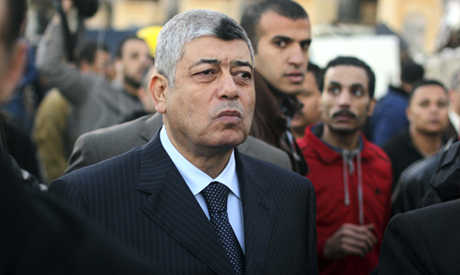 The Yarmouk camp in Damascus, in July 2013. (Reuters).
The Yarmouk camp in Damascus, in July 2013. (Reuters).
The deeply divided Syrian National Coalition finally agreed Saturday
to join the international peace conference, saying it wanted to remove
Assad from power. The Coalition had been
under intense international pressure to attend the conference, which
aims to find a way out of the conflict that has killed more than
100,000 people and made millions homeless since March 2011.
The exiled Coalition voted by 58 votes to 14 with two abstentions and
one blank vote at a meeting in Istanbul to attend the so-called Geneva
II talks. That meant just 75 of the around 120 opposition delegates took part
in the secret ballot, in a sign that strong disagreements persist.
Leader Ahmad Jarba said the umbrella group would be there with the sole aim of removing Assad from power. "The Geneva II negotiation table is a one-way road aimed at achieving
all the demands of the revolution... and first and foremost stripping
the butcher (Assad) of all his powers," he said.
Howver, the Islamic Front, an alliance of
several Islamist fighting forces that represents a large portion of the
rebels on the ground, said on Sunday it
rejected the talks. Syria's
future would be "formulated here on the ground of heroism, and signed
with blood on the front lines, not in hollow conferences attended by
those who don't even represent themselves," Abu Omar, a leading member
of the Islamic Front, said on his Twitter account.It means that
even if the talks
reach an unlikely breakthrough in the three year old civil war, it will
be harder to implement it on the ground.
More than 35 countries will gather in the Swiss cities of Montreux
and Geneva on Wednesday for talks on setting up a transitional
government to lead the country, in line with a 2012 deal.
The United Nations hopes the talks will bring about a political
transition in the country, and US Secretary of State John Kerry said
last week that Syria's future had no place for Assad. Syria, however, said in a letter to UN Secretary-General Ban Ki-moon
last week that its focus at the peace conference would be on fighting
"terrorism.”


.jpg)



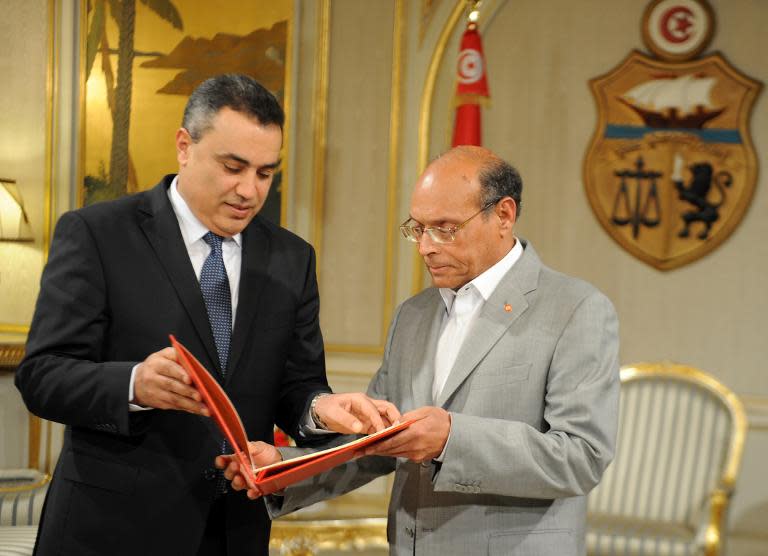
 President Abed Rabbu Mansour al-Hadi at the closing ceremony of the National Dialogue. (AFP)
President Abed Rabbu Mansour al-Hadi at the closing ceremony of the National Dialogue. (AFP)

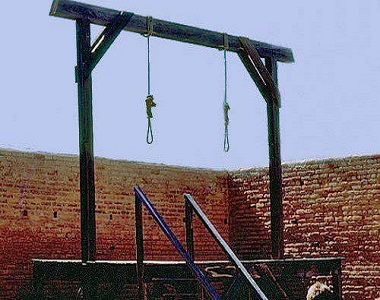 Seven prisoners were hanged in the prison of Kermanshah (western Iran) on Thursday, reported Iran Human Rights quoting Iranian state media. Five of the prisoners were convicted of trafficking of 102 kilograms of various narcotic drugs and two were convicted of murder
Seven prisoners were hanged in the prison of Kermanshah (western Iran) on Thursday, reported Iran Human Rights quoting Iranian state media. Five of the prisoners were convicted of trafficking of 102 kilograms of various narcotic drugs and two were convicted of murder 


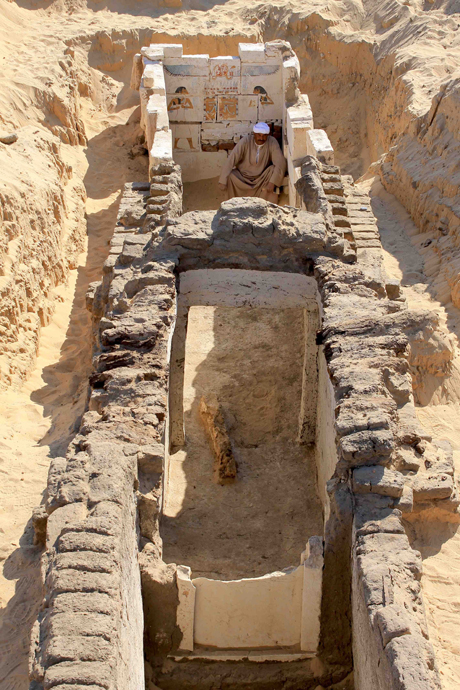

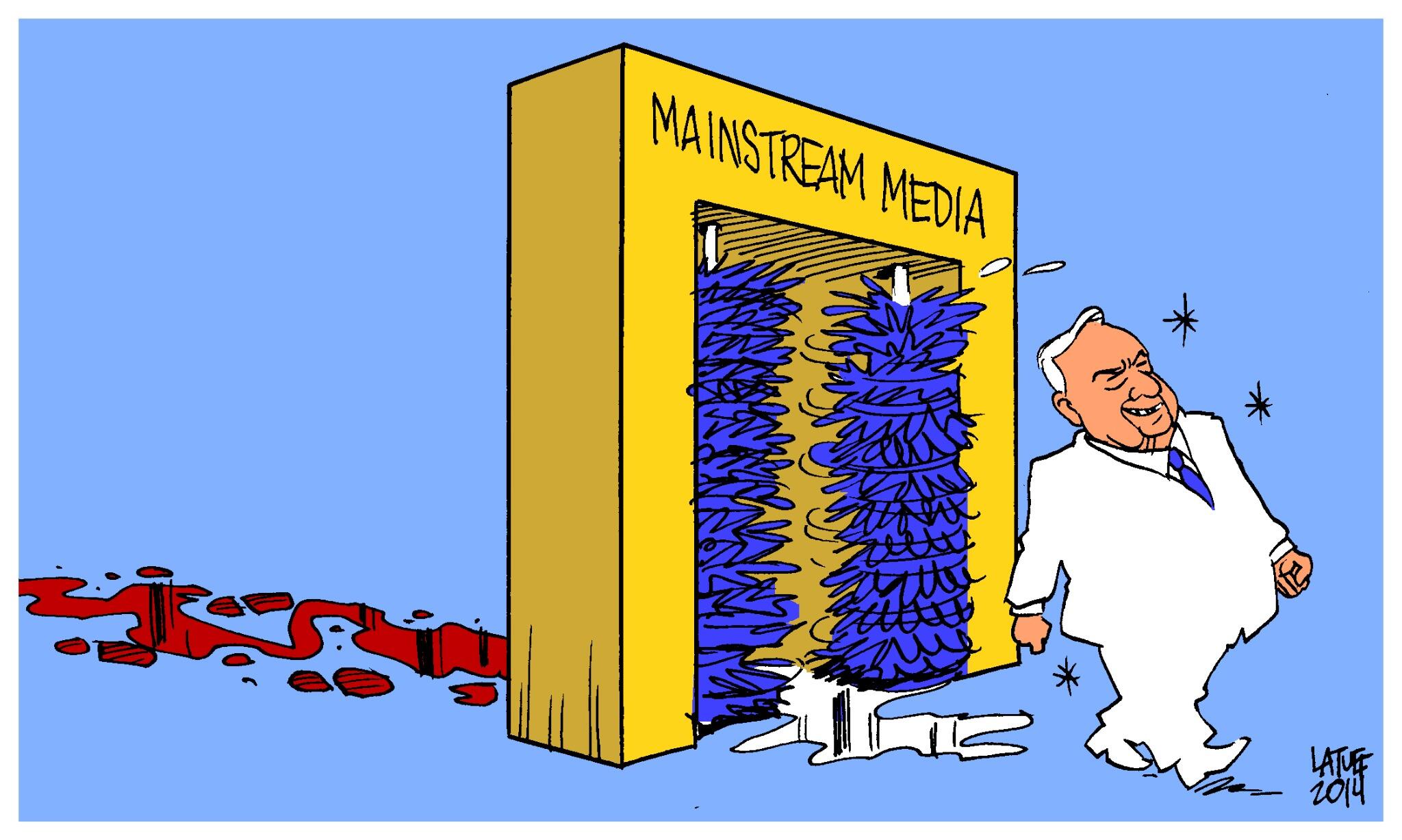


 Bank Leumi office in settlement Oranit. (Photo Who Profits)
Bank Leumi office in settlement Oranit. (Photo Who Profits) 



